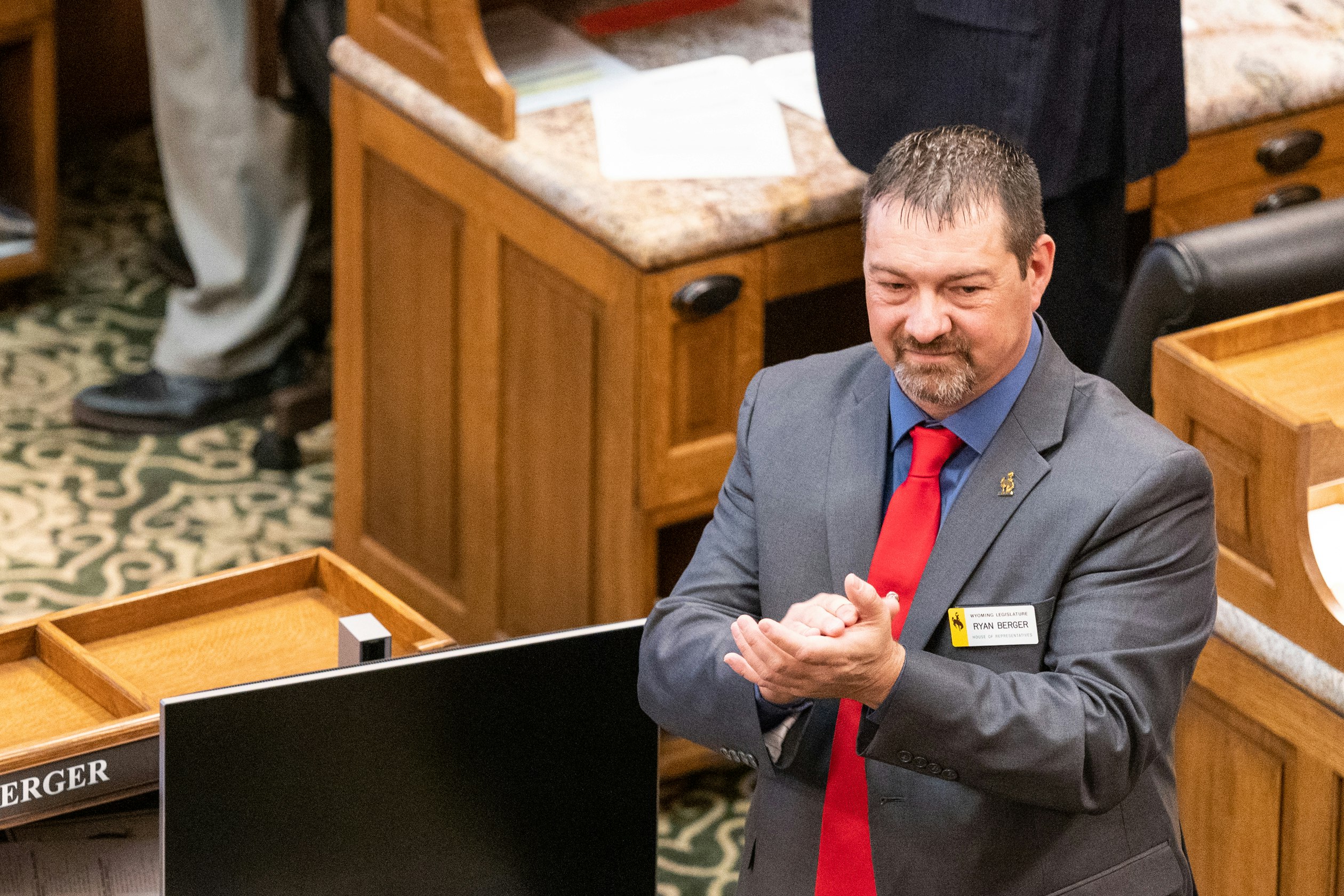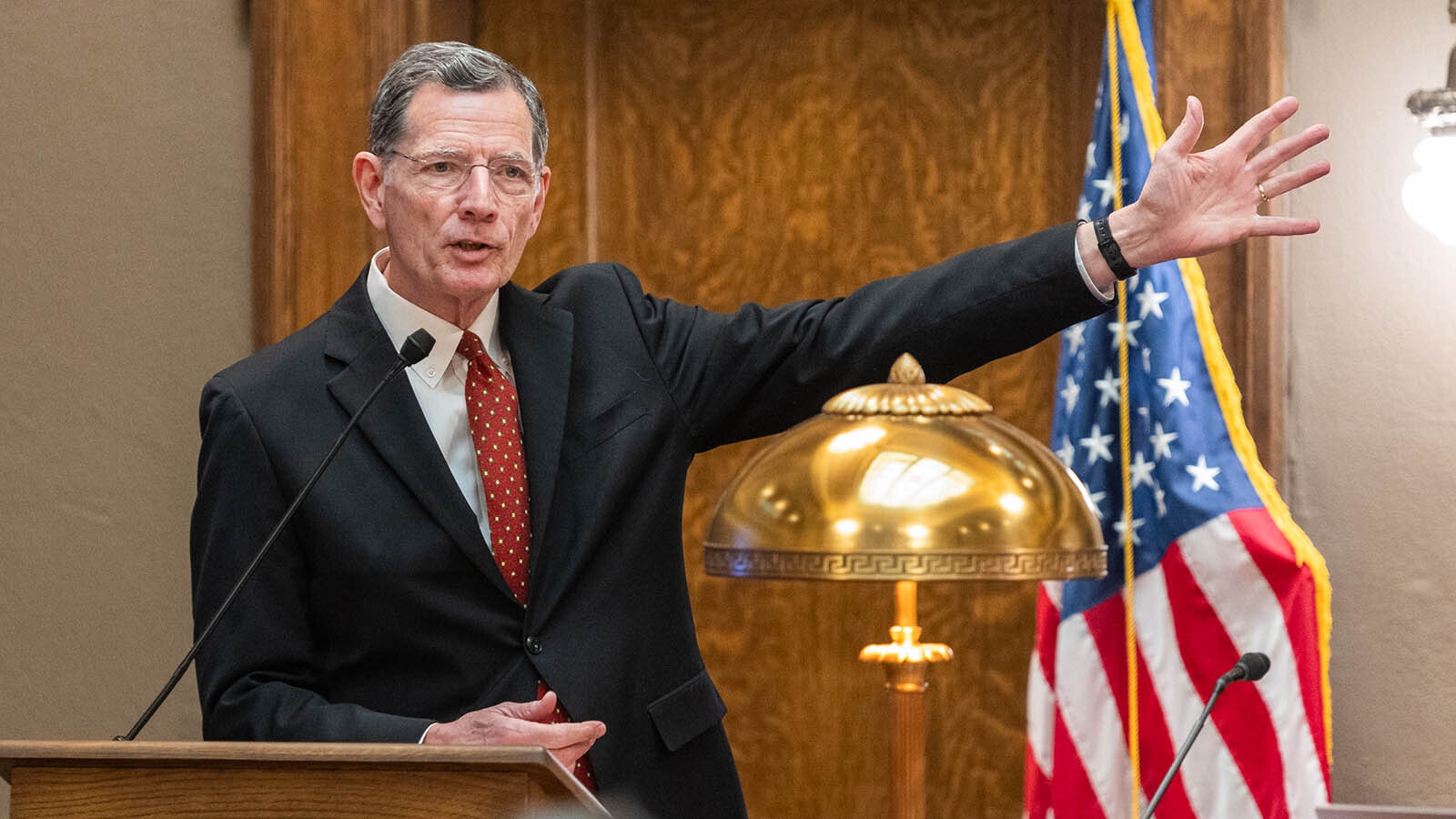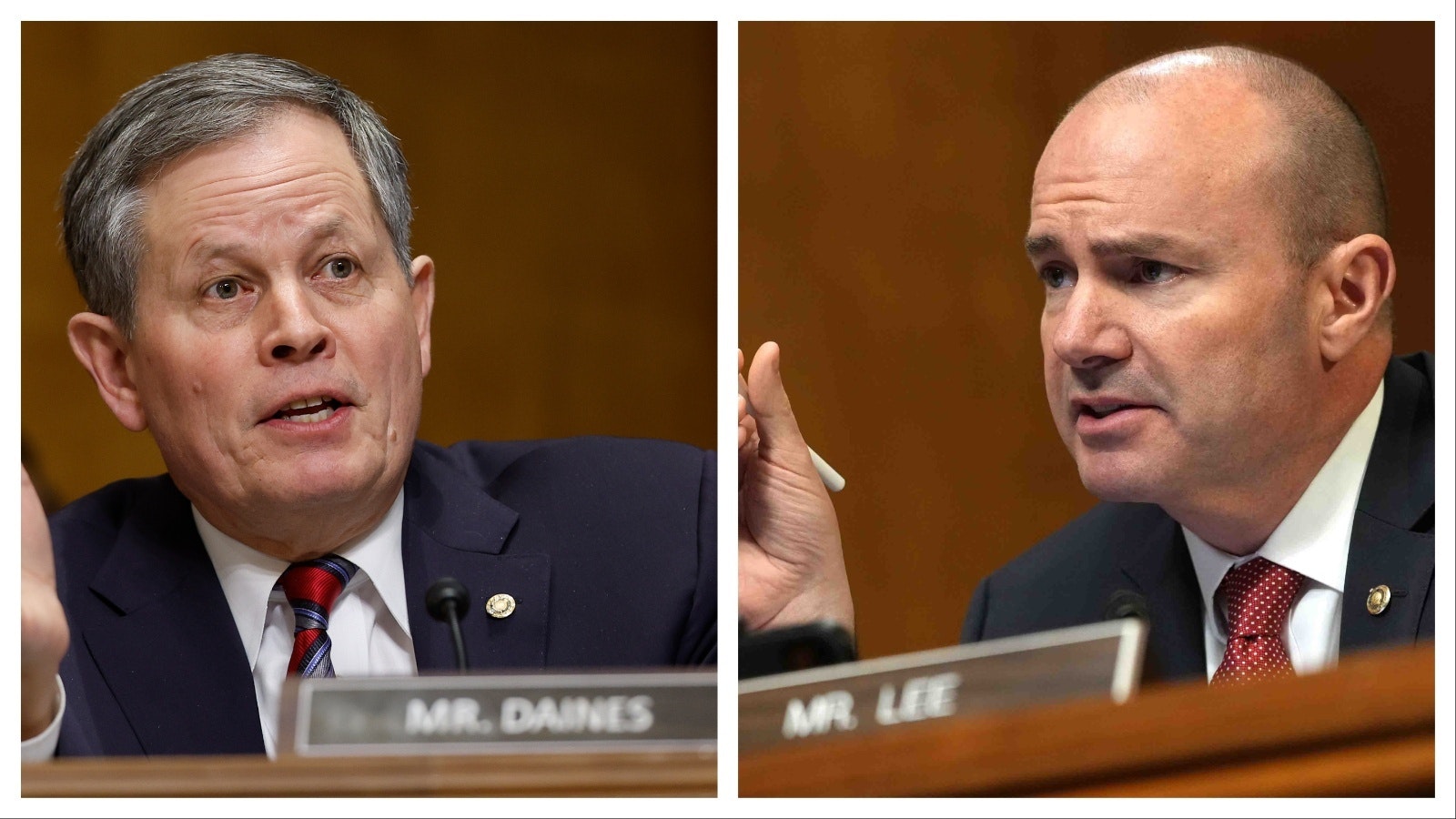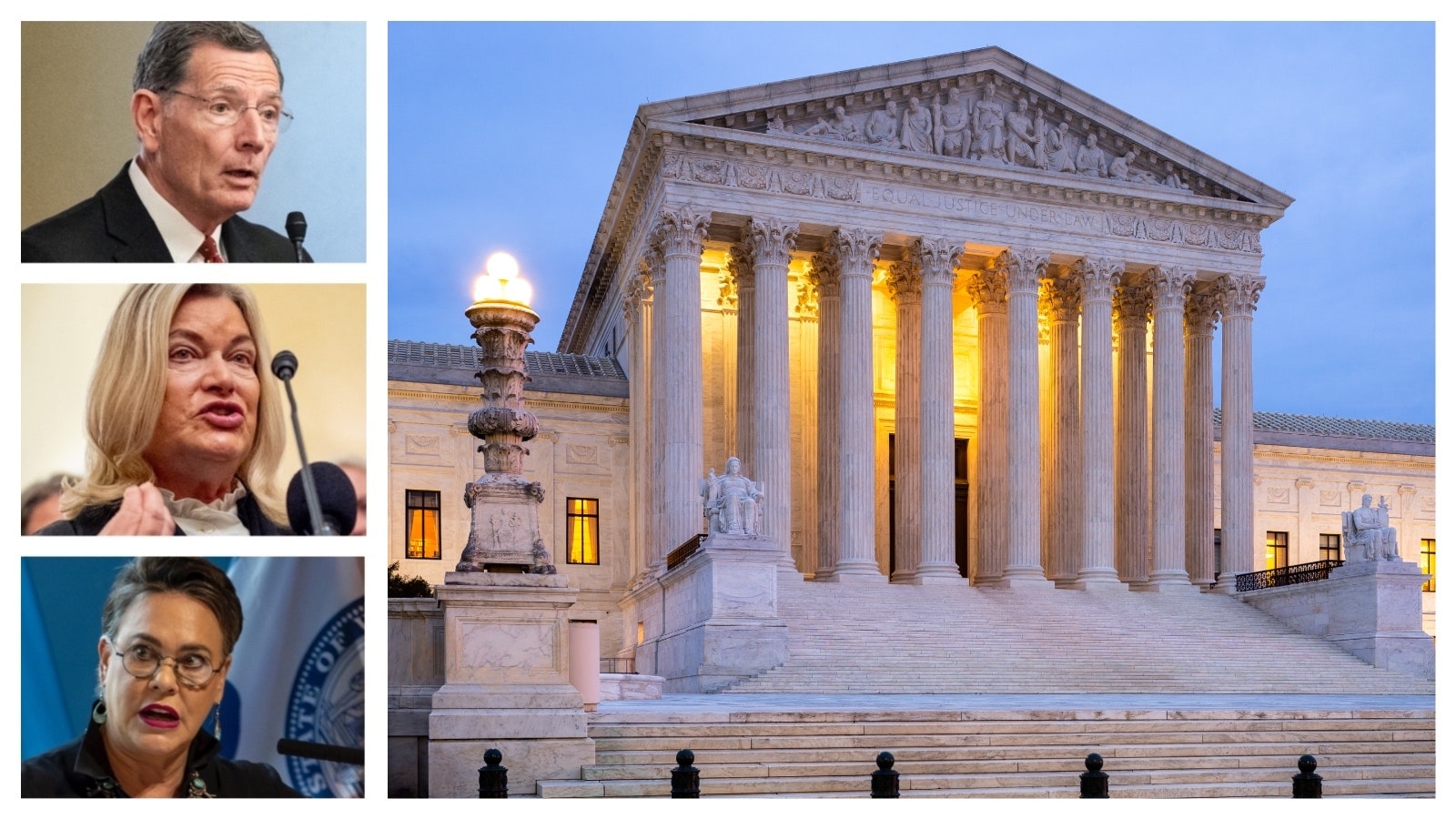A state representative from Evanston has proposed legislation that would allow illegal aliens in Wyoming to qualify for in-state tuition to the University of Wyoming and community colleges.
State Rep. Ryan Berger, R-Evanston, said the legislation would allow students who at least graduate from a Wyoming high school to qualify for in-state tuition at Wyoming’s public colleges and university. Berger told Cowboy State Daily the proposal could help improve the state’s economy and college enrollment rates.
“Maybe it’s an incentive for these kids who got a Wyoming (high school) diploma to go to college,” Berger told Cowboy State Daily on Friday evening. “I want all kids in Wyoming to further their education.”
Resident ‘Dreamers’
Berger, a special education teacher at Evanston High School, said he was inspired to propose the bill after hearing testimony from Lindsay Adam, an English as a Second Language (ESL) teacher from Sublette County.
He suspects that some of his students in Evanston are undocumented.
Adam told the Wyoming Legislature’s Joint Education Committee Committee on Tuesday that many undocumented Wyoming youth, a group sometimes referred to as “Dreamers," have been in the Cowboy State since elementary school.
Sen. Charles Scott, R-Casper, said the proposal would help enrollment figures at Wyoming’s community colleges and the University of Wyoming, which have generally been declining over the past five years.
Adam said it would improve in-state college attendance numbers in Wyoming by what she estimates to be about 1,000 students a year, a demographic the state has already invested in by providing them secondary education.
“The state of Wyoming is already investing in their K-12 education, so cutting them off after high school decreases opportunities for Wyoming’s economy to continue to grow,” she said.
Berger, who described his proposal as "just an idea," said he has no interest in trying to encourage undocumented immigrants to move to Wyoming to reap the benefits of in-state tuition. If it’s determined that the bill would do this, he won’t support it.
“If it’s not the right way to go about this and it incentivizes that, that’s not a road I want to go down,” he said.
Although Scott said it could cause a potential financial hit to the schools with the loss of the higher out-of-state revenue, he suspects there aren’t many undocumented immigrants attending Wyoming’s higher education institutions anyway.
“If there are students we’re just not getting and we’re just adding students, then you got to look, is that a marginal cost for us?” Scott asked Berger.
Moving Forward With Resistance
The Legislative Service Office will put together a draft bill to be brought up before the Education Committee’s next meeting in August.
Sen. Bo Biteman, R-Ranchester, disapproved of the proposed legislation being drafted and tried to force a vote on the proposal before allowing LSO to start working on it.
Scott, the committee’s co-chairman, opted to delay voting until after the bill was drafted, but admitted there is a reasonable chance it won’t be adopted by the committee.
“We don’t know enough to make an intelligent decision at this point,” he said.
Biteman then asked if that action sets a precedent for having bills drafted without an approving vote, to which Scott said it does as long as it’s in a committee’s scope of work.
Biteman referenced the tuition proposal later in the day, arguing that the committee had greatly expanded on the list of interim topics it had planned to deal with.
A committee bill makes a long voyage from being drafted and passed into laws, having to pass through one or two future interim committee meetings and then inspection from the entire Legislature. But if a bill is sponsored by a committee, it traditionally has a much higher chance of passing than a bill sponsored by an individual legislator.
Undocumented Residents
There were 128 international students who sought undergraduate degrees at UW in the 2023 spring semester. This statistic does not delineate which students were living in Wyoming prior to attending school.
Adam said there were about 3,500 ESL students in Wyoming this year. She said the proposed bill would create a better “college-going culture” in Wyoming and make going to college more affordable for undocumented immigrants.
Adam said 23 U.S. states, including Utah, provide in-state tuition rates to undocumented immigrants.
These types of students are considered international students in Wyoming that must pay out-of-state tuition rates no matter how long they’ve been living in the state.
“This means that students who immigrated here as young children and have worked for years not only to learn English, but also master all the same academic content as any other student, must pay college tuition in Wyoming at the international student rate,” Adam said.
At Central Wyoming College in Riverton, this means a difference from around $4,000 a year (in-state) and $10,000 a (out-of-state). At UW, that cost rises to $20,760 for the academic year.
Additionally, international students are not eligible for federal student aid.
Adam suggested a requirement that students must live in Wyoming for at least one year before qualifying, which is similar to what the state requires of its U.S. citizen students to receive in-state tuition. She also said the students wouldn’t be eligible for the Hathaway Scholarship.
By not implementing this policy, Adam believes the state is contributing to its own “brain drain,” the concept of young adults leaving a place they grew up in once they graduate school.
“It will make community college and university attendance in our great state almost three times as affordable as it is now for a large group of students who are graduating from Wyoming high schools every year,” she said.
Under current federal law, U.S. public schools are required to educate all students who walk through their doors, regardless of immigration status. The laws are much different when it comes to post-secondary education, leaving it up to individual states to decide in-state and out-of-state tuition rates.
Contact Leo Wolfson at Leo@CowboyStateDaily.com





